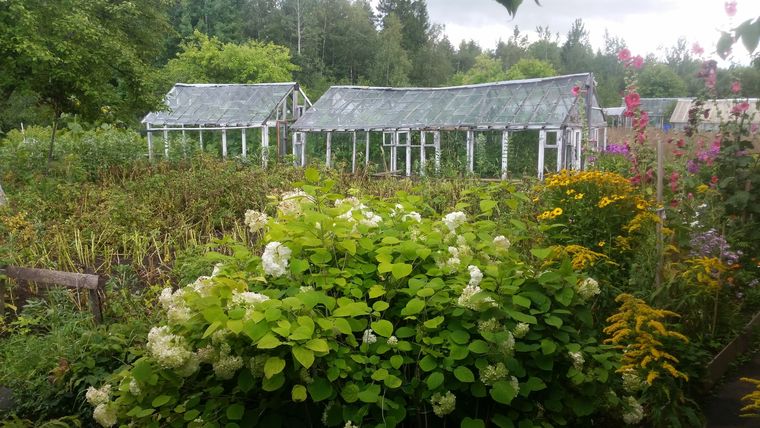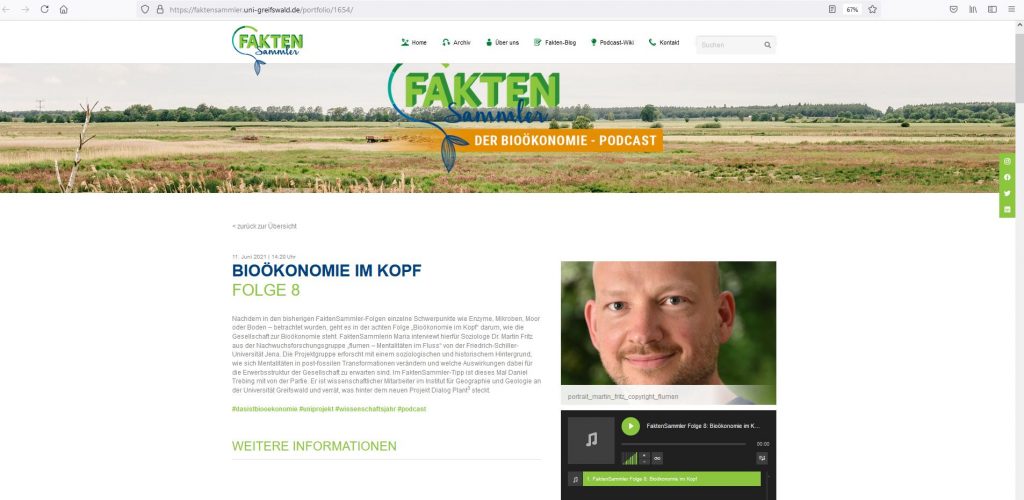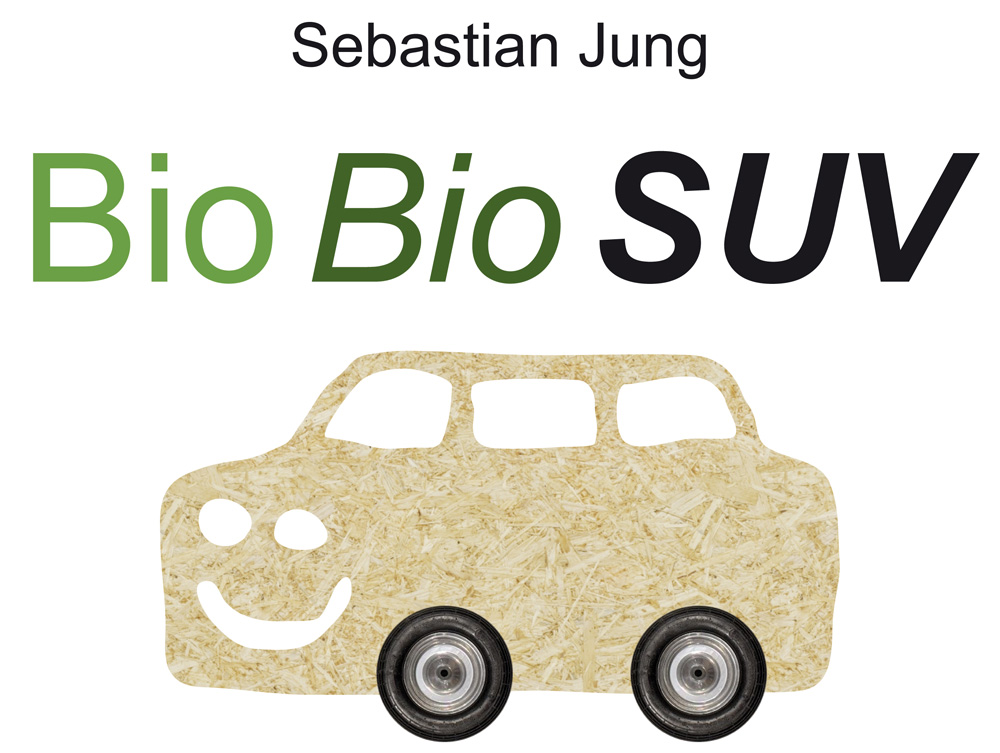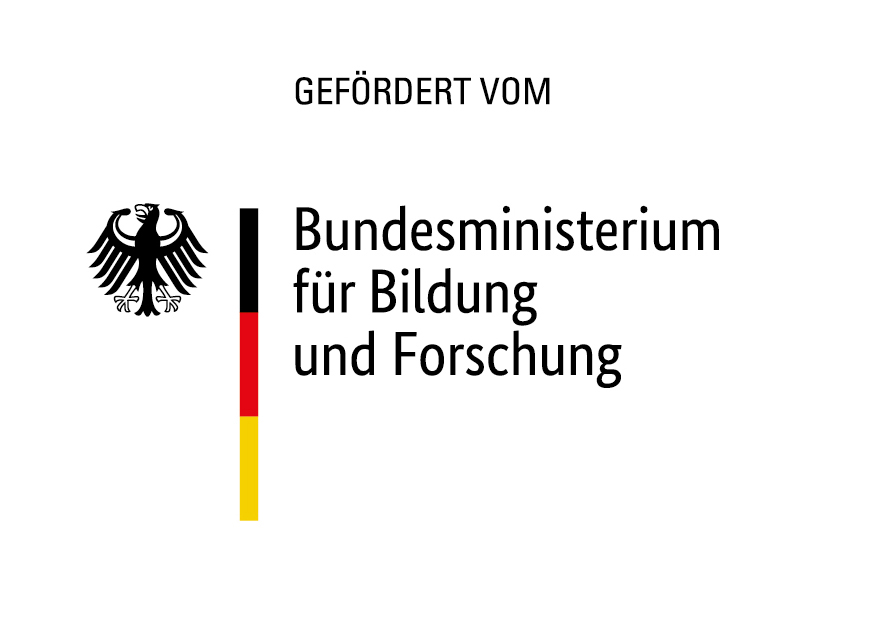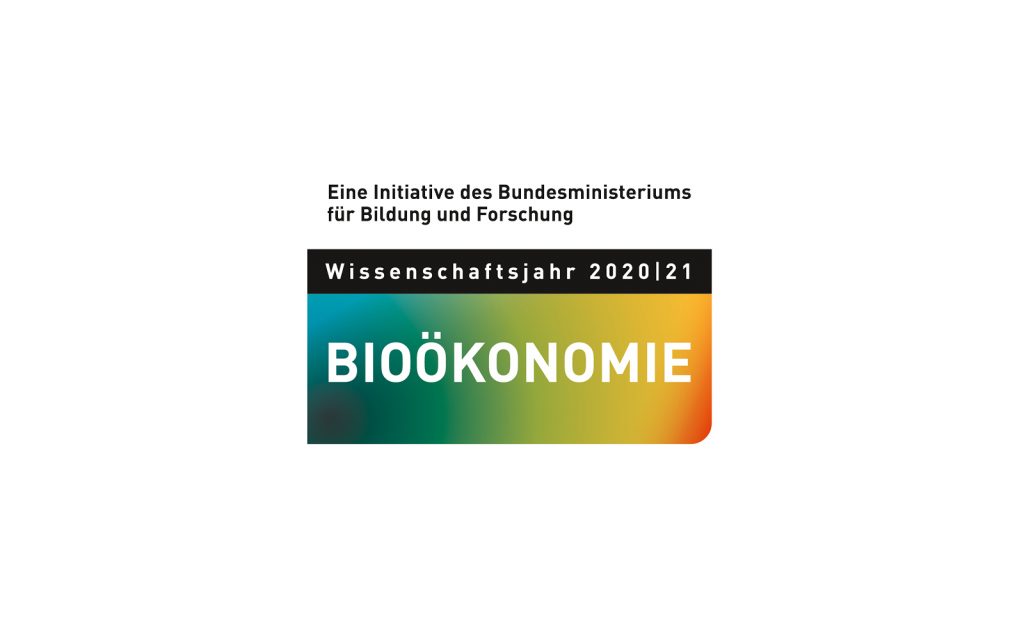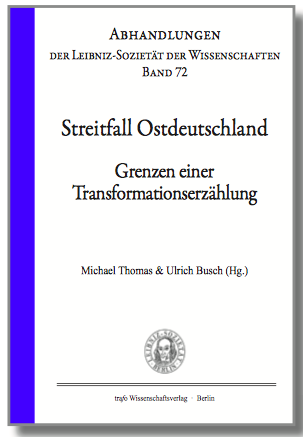
Gebauer, Jana / Jorck, Gerrit von / Pungas, Lilian (2021): Degrowth-Enthusiasmus und der Transformations-Blues des Ostens: Überlegungen zur Integration postsozialistischer Transformationserfahrungen in den transformatorischen Postwachstumsdiskurs. In: Thomas, Michael & Ulrich Busch (Hg.), Streitfall Ostdeutschland. Grenzen einer Transformationserzählung, [Abhandlungen der Leibniz-Sozietät der Wissenschaften, Bd. 72], Berlin: trafo Wissenschaftsverlag, 229-256.
Inhalt: Die Autor:innen haben in diesem Kapitel die zentralen Erkenntnisse ihrer Auseinandersetzung mit den Transformationserfahrungen in Zentral- und Osteuropa herausgearbeitet und stellen diese anhand von sechs Thesen dar. Ihrer Ansicht nach ist es für die Degrowth-Debatte unabdingbar, sich dieser Erfahrungen anzunehmen. Der Beitrag spürt den Zusammenhängen zwischen postsozialistischer Transformation und den Debatten zu Postwachstum bzw. Degrowth nach. Anlass ist die zu konstatierende geringe Bezugnahme der Postwachstumsdebatte auf Erfahrungen aus den sozialistischen Gesellschaften und den postsozialistischen Transformationen. Grundlage ist vor allem eine Veranstaltungsreihe mit dem Titel „Degrowth Enthusiasm and the Eastern Blues“, welche die Autor_innen in den vergangenen Jahren durchführten. Im Mittelpunkt stehen folgende Fragen:
- Was können wir aus den Transformationsprozessen lernen, die die staatssozialistischen Gesellschaften hin zu kapitalistischen Gesellschaften durchliefen?
- An welche Erfahrungen und Praktiken vor und nach den Umbrüchen können potenzielle Degrowth-Gesellschaften anknüpfen?
- Inwieweit können wir die alternativen System- sowie Transformationserfahrungen der Menschen im „Osten“ nutzen, um ihr Potenzial in einer sozial-ökologischen Transformation und für die Überwindung einer Veränderungsmüdigkeit zu entfalten?


